Relatives of Ukrainian forces holed-up in Mariupol steel plant ask China for help
The relatives of the Ukrainian troops, who have holed up inside a sprawling steel plant in the southeastern Ukrainian port city of Mariupol, have pleaded with China to use "its influence on Russia" to let the encircled troops leave the complex.
Five wives of the forces and one father made the plea at a press conference in the Ukrainian capital city of Kiev on Saturday.
"China has a big influence on Russia and on [Russian President Vladimir] Putin personally. We ask for him to intervene," said Stavr Vychniak, the father of one of those soldiers.
Vychniak called on Xi to "take necessary measures for the extraction" of the troops.
Natalia Zarytska, the wife of one of the trapped soldiers, also called for China's help, saying, "There is only one man left in the world that we can address; it is the Chinese leader [Xi Jinping]."
"We are confident that China, strong and noble, is able to take decisions difficult in the name of good," she added during the press conference.
On February 24, Russian President Vladimir Putin announced a “special military operation” aimed at “demilitarization” of the Donetsk and Lugansk regions in eastern Ukraine. In 2014, the two regions declared themselves new republics, refusing to recognize Ukraine’s Western-backed government.
Announcing the operation, Putin said the mission was aimed at “defending people who for eight years were suffering persecution and genocide by the Kiev regime.”
Earlier this month, Ukraine said all women, children, and the elderly had been evacuated from the blockaded plant, which is known as Azovstal, after the Russian army declared a three-day ceasefire at the site.
'Ukraine forces push back against Russians in east'
In another development on Saturday, the governor of the northeastern Ukrainian region of Kharkiv, was reported as saying that the Ukrainian forces were successfully pushing back against the Russian military on a key eastern front.
Oleh Sinegubov identified the front as an area lying near the Russian-held town of Izyum.
"The hottest spot remains the Izyum direction," Sinegubov said, adding, "Our armed forces have switched to a counteroffensive there. The enemy is retreating on some fronts..."
Reporting the remarks, the report said should the counteroffensive prove effective, it would deal a "serious setback" to Russia's efforts to capture Ukraine's Donbas region, which includes Donetsk and Lugansk.
Footage provided by the Ukrainian military on Friday allegedly showed Ukrainian forces' destroying parts of a Russian armored column as it was trying to cross a river in the Donbas.
Finland informs Russia about NATO bid
Also on Saturday, Finnish President Sauli Niinisto spoke with Putin on phone about the Nordic country's application for NATO membership, which is expected to be formally announced this weekend.
The phone call, which was "initiated by Finland... was direct and straightforward and it was conducted without aggravations. Avoiding tensions was considered important," Niinisto was quoted as saying in a statement issued by his office.
On Thursday, Niinisto and Finnish Prime Minister Sanna Marin declared that the country had to join NATO "without delay," with the former alleging that Russia's ongoing military operation in Ukraine had changed Finland's security situation, even though there was no immediate threat.
"NATO membership would strengthen Finland's security," the Finnish officials said in a statement, adding that accession to NATO would, in turn, "strengthen" the entire military alliance.
Finland's potential inclusion in NATO would almost double the length of the border that Russia already enjoys with the alliance's members.
Sweden, like Finland traditionally non-aligned, is also expected to announce its own NATO membership bid in the coming days. NATO chief Jens Stoltenberg has said they would be welcomed "with open arms."
Russia has repeatedly warned that it would "definitely" see Finland’s NATO membership as menacing.
The Russian foreign ministry has said that Moscow would be "forced to take reciprocal steps, military-technical and other, to address the resulting threats."
Responding to the Finnish president on Saturday, "Putin stressed that the end of [Finland's] traditional policy of military neutrality would be a mistake since there is no threat to Finland's security," the Kremlin said in a statement.
"Such a change in the country's political orientation can have a negative impact on Russian-Finnish relations developed over years in a spirit of good neighborliness and cooperation between partners," it added.
Spain jurists demand ties with Israel ties be cut
VIDEO | Press TV's news headlines
VIDEO | Iran honors top Science Olympiad medalists
VIDEO | Austrians arrested at Gaza protest in Vienna
10 killed in bus crash in western Iran
VIDEO | One-man-band journalism with Civili
5 Israeli forces killed as Palestinian fighters face up to regime’s war machine
VIDEO | An insider's view of the country: Persian Tahini, Royan in Mazandaran


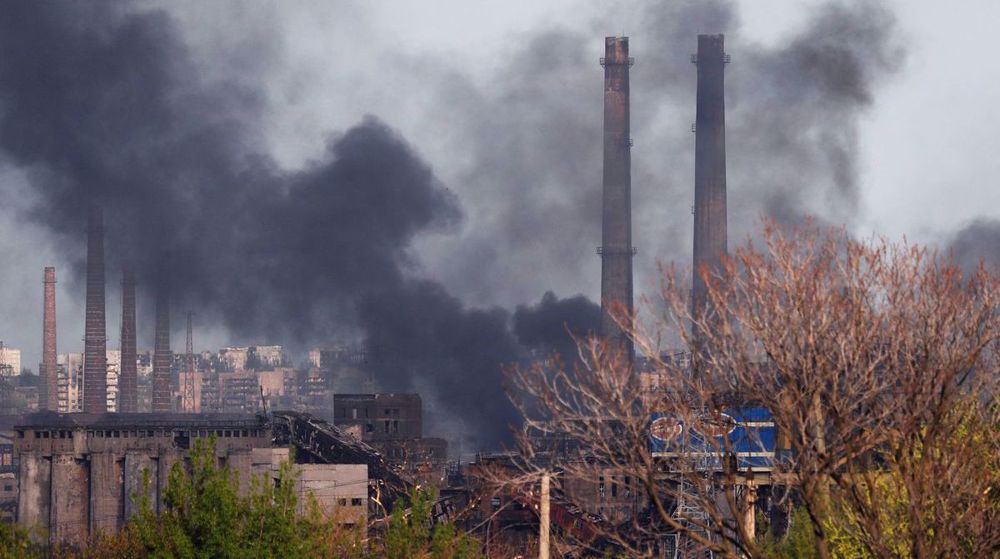
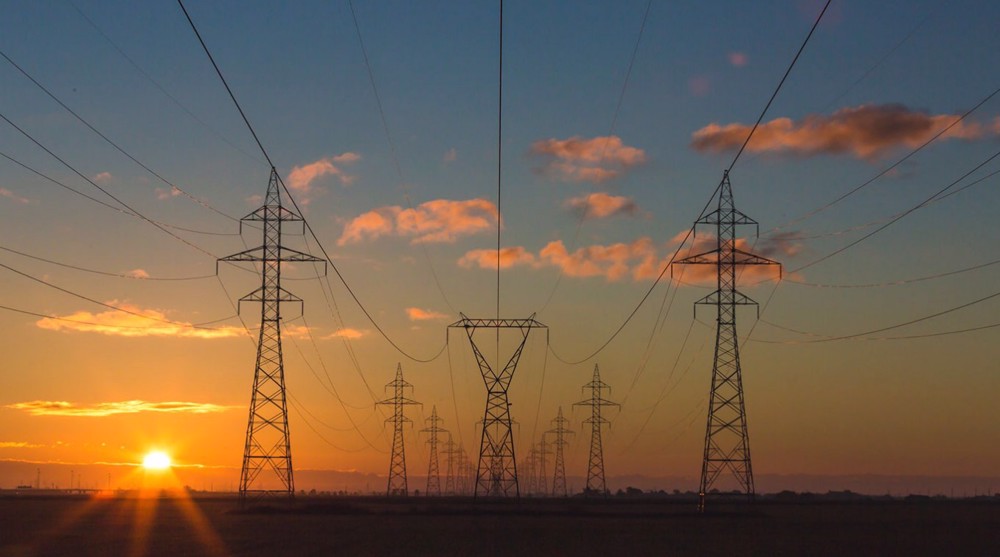






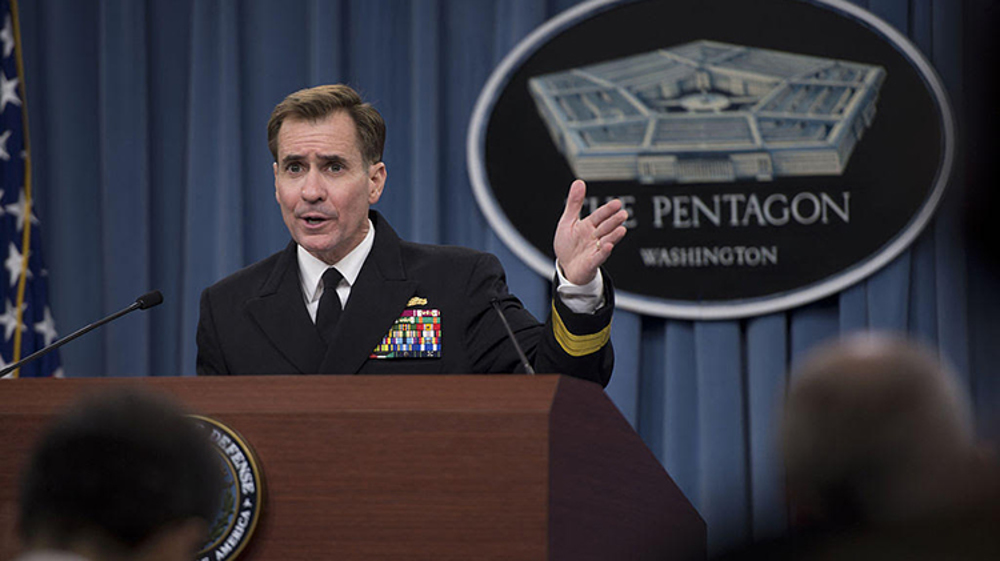
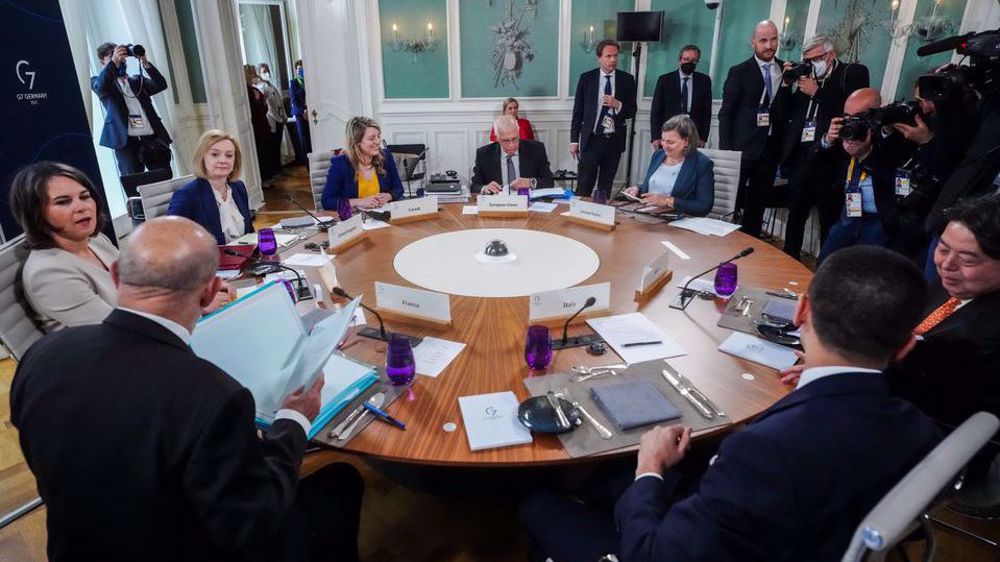
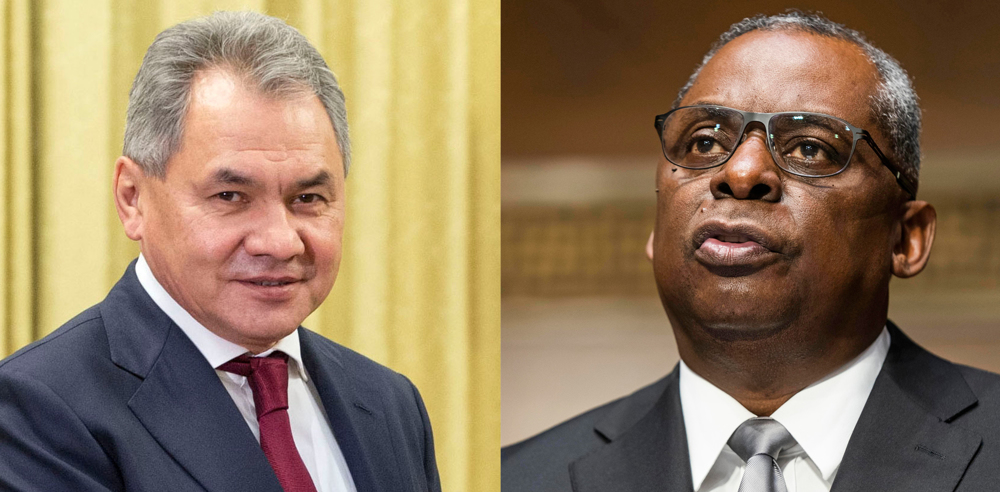

 This makes it easy to access the Press TV website
This makes it easy to access the Press TV website